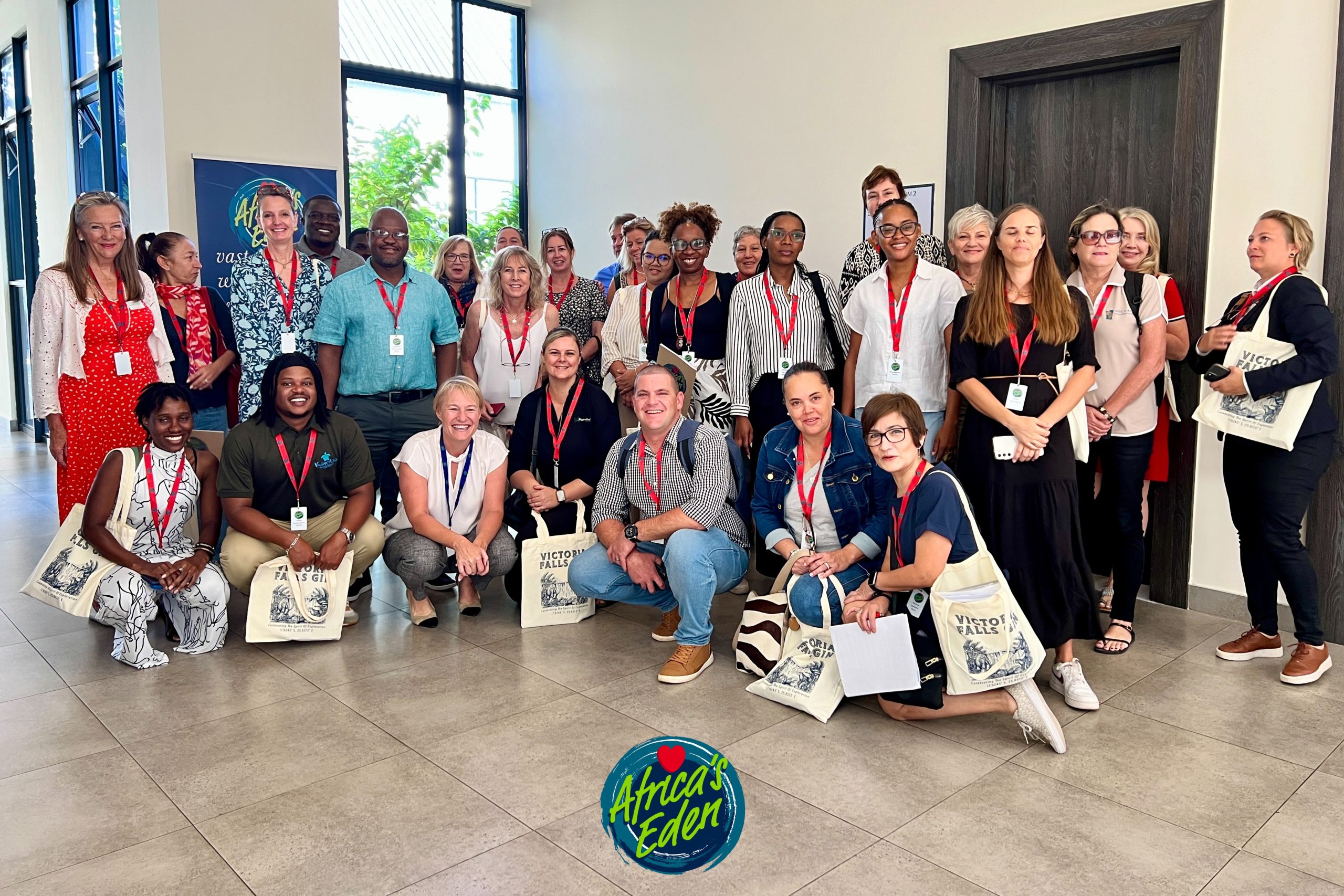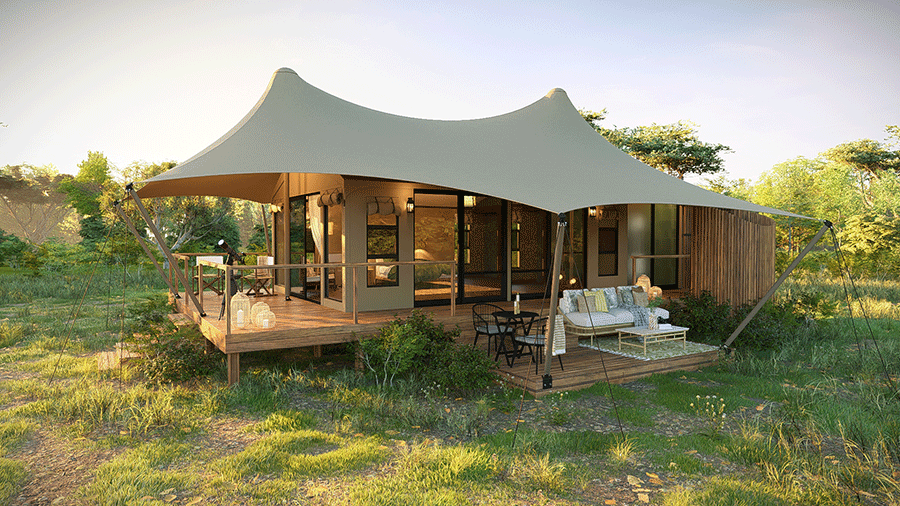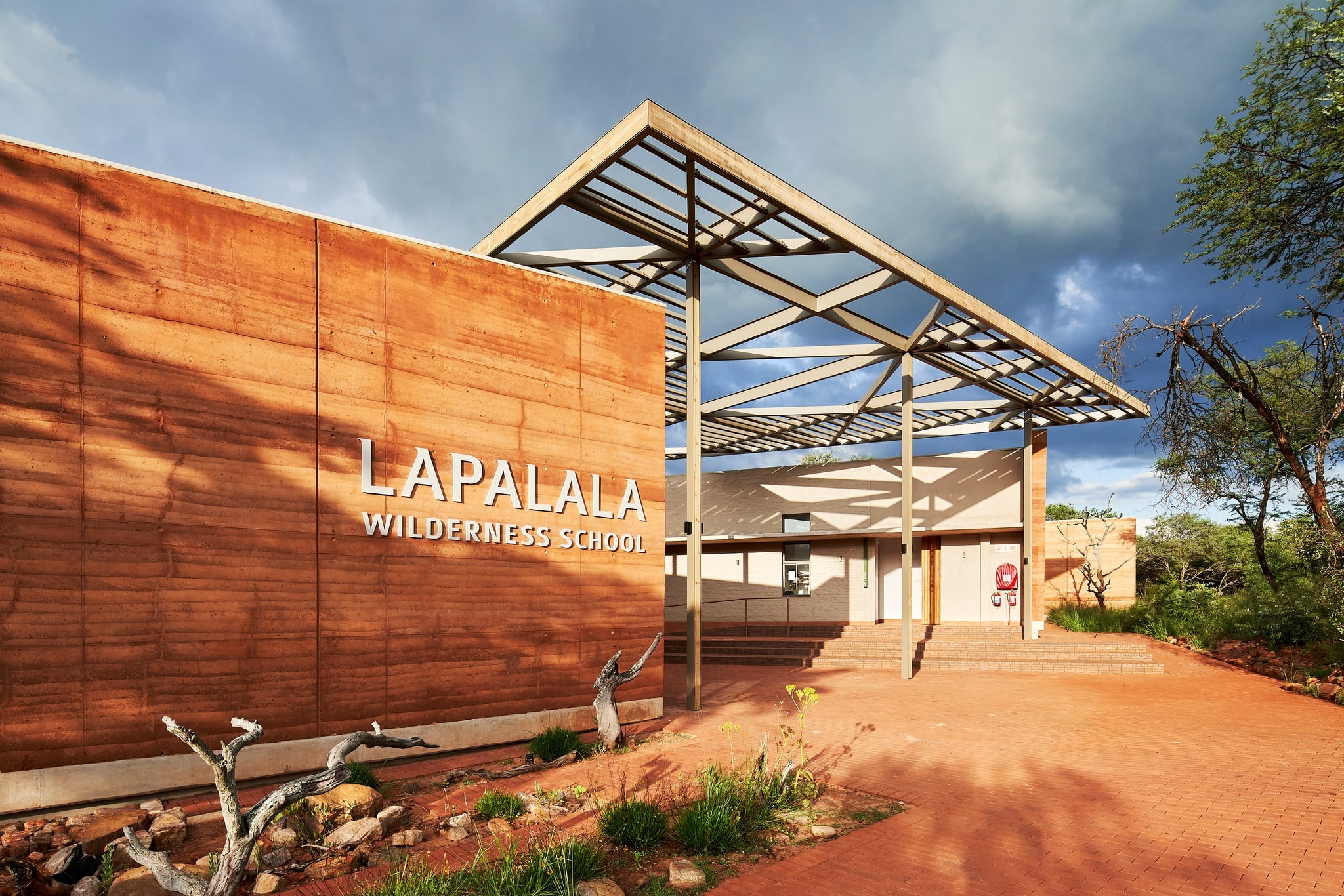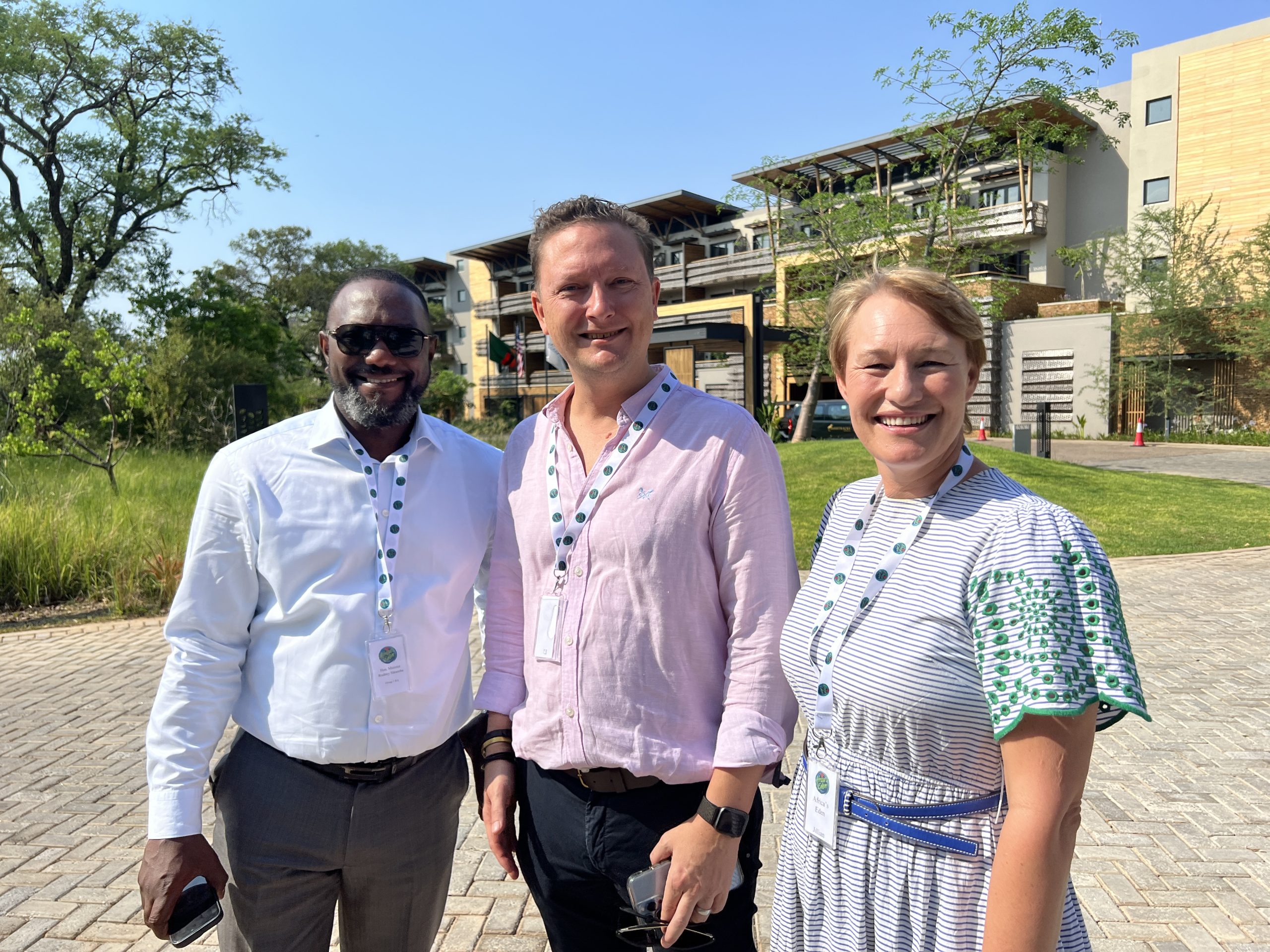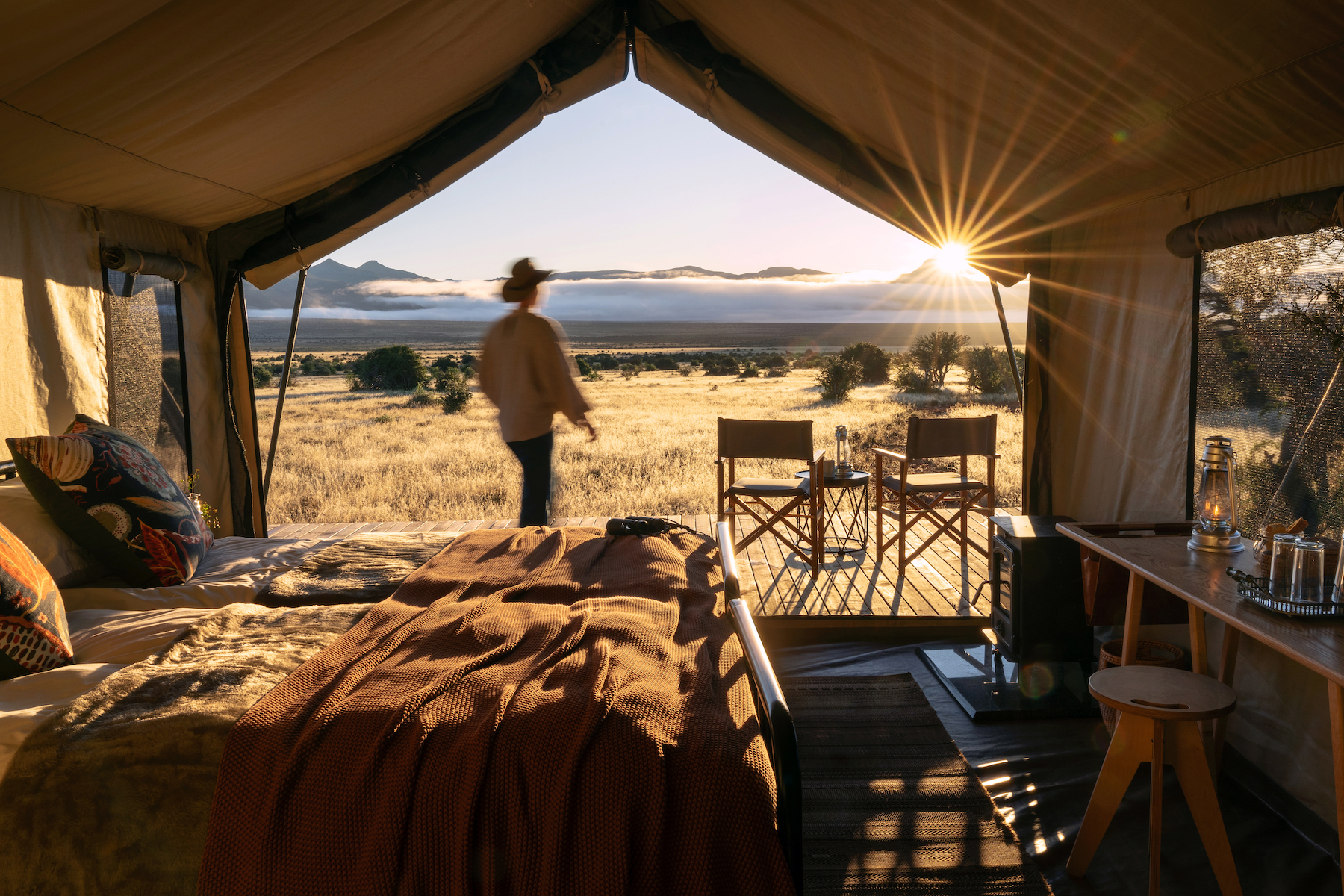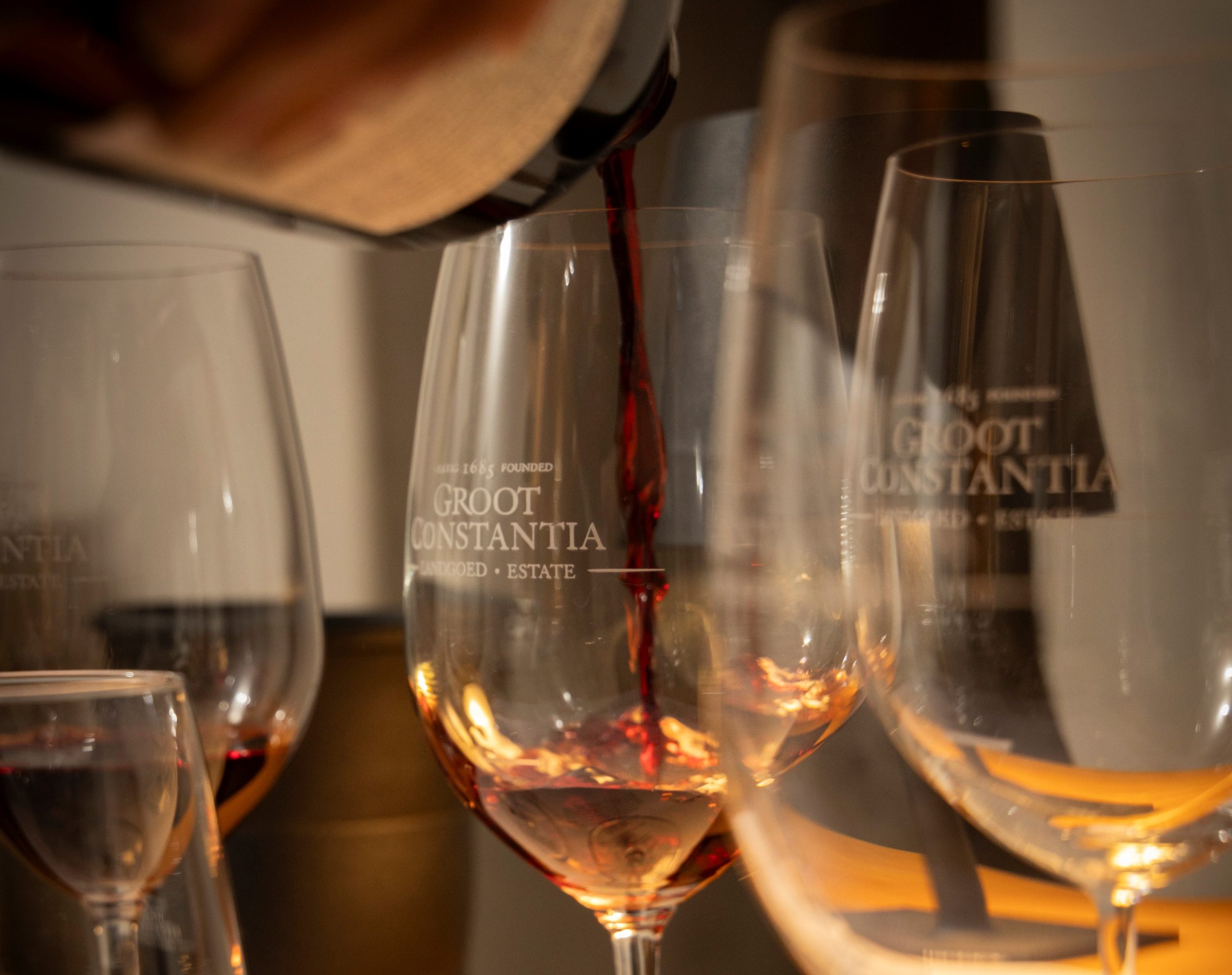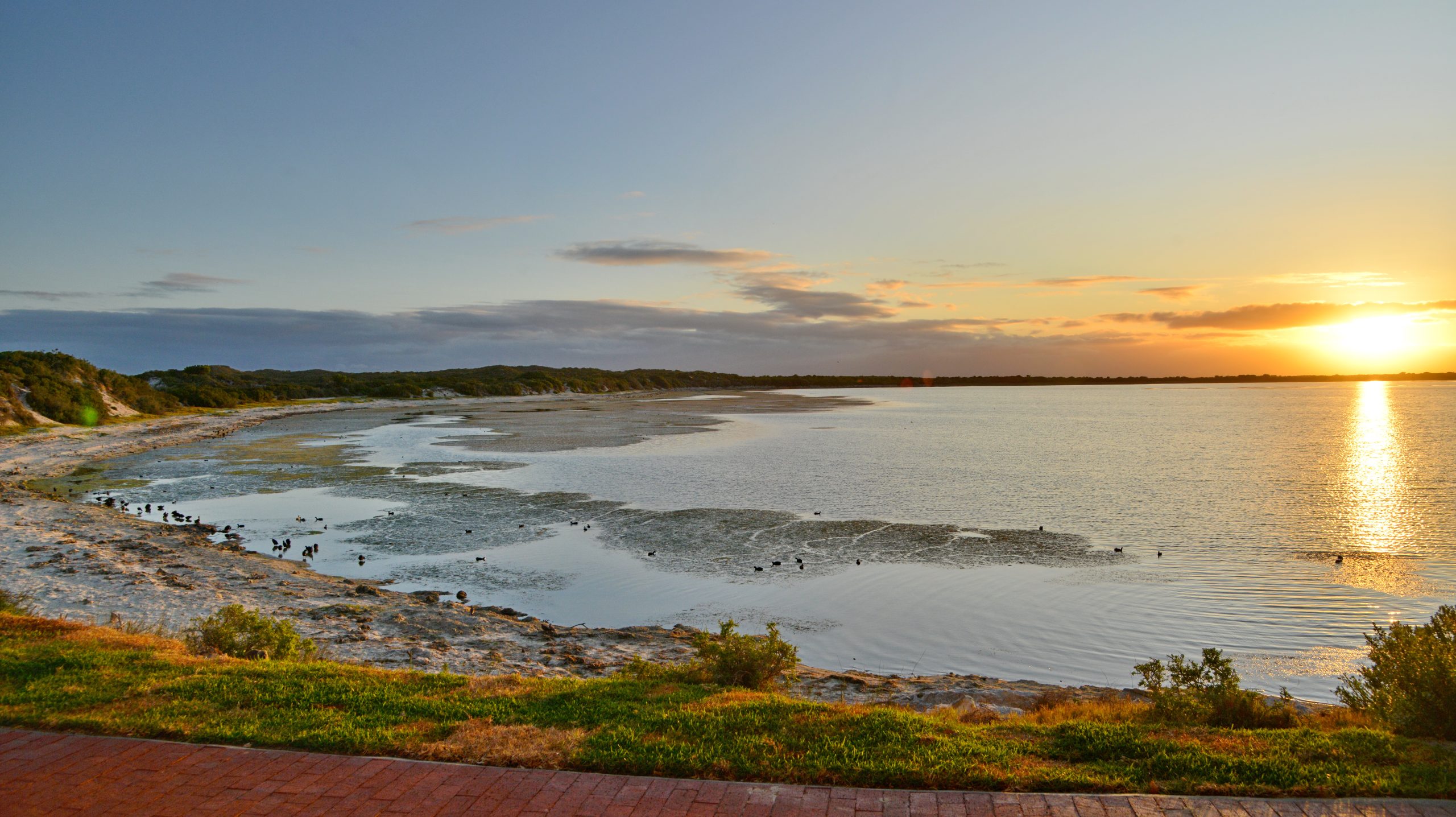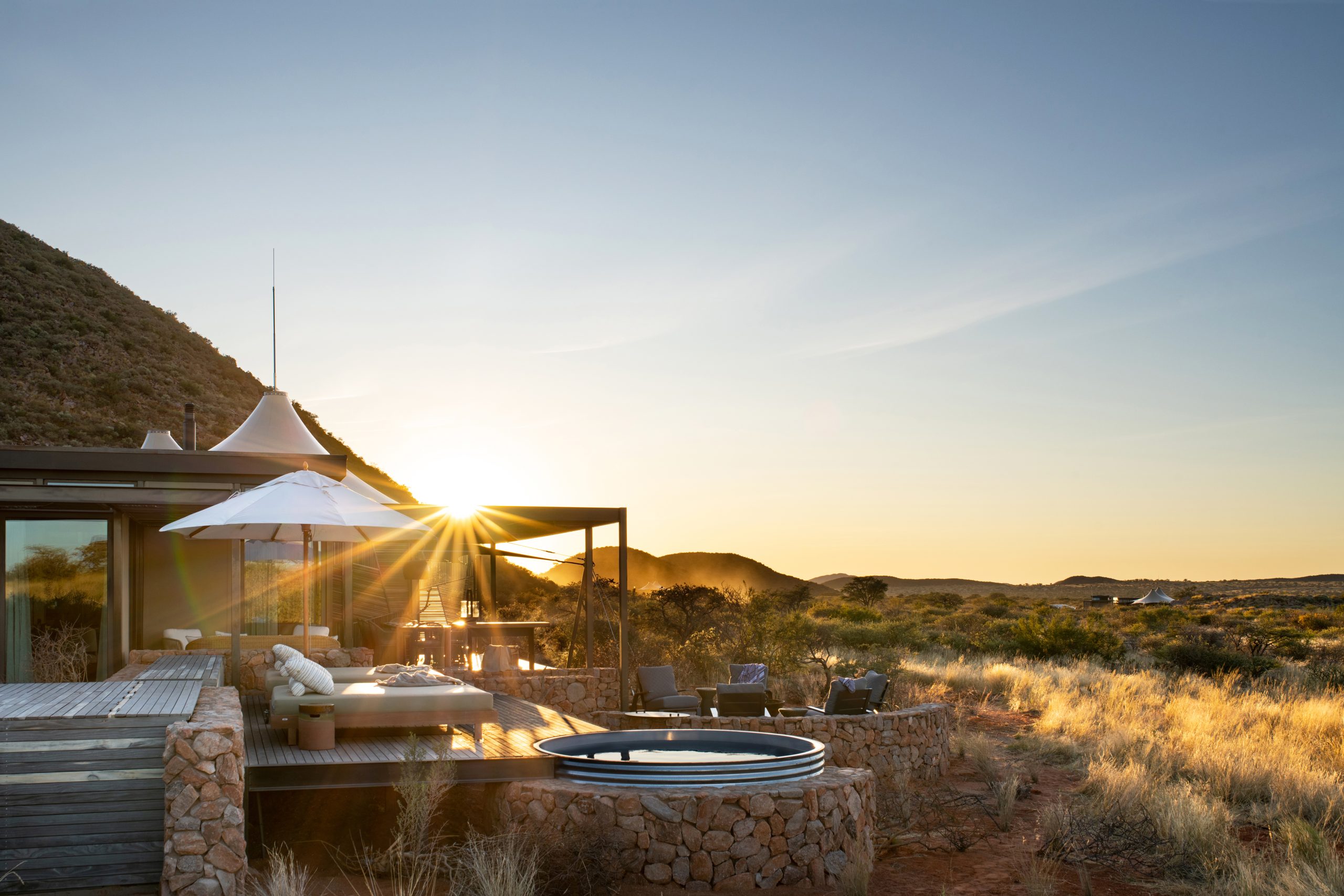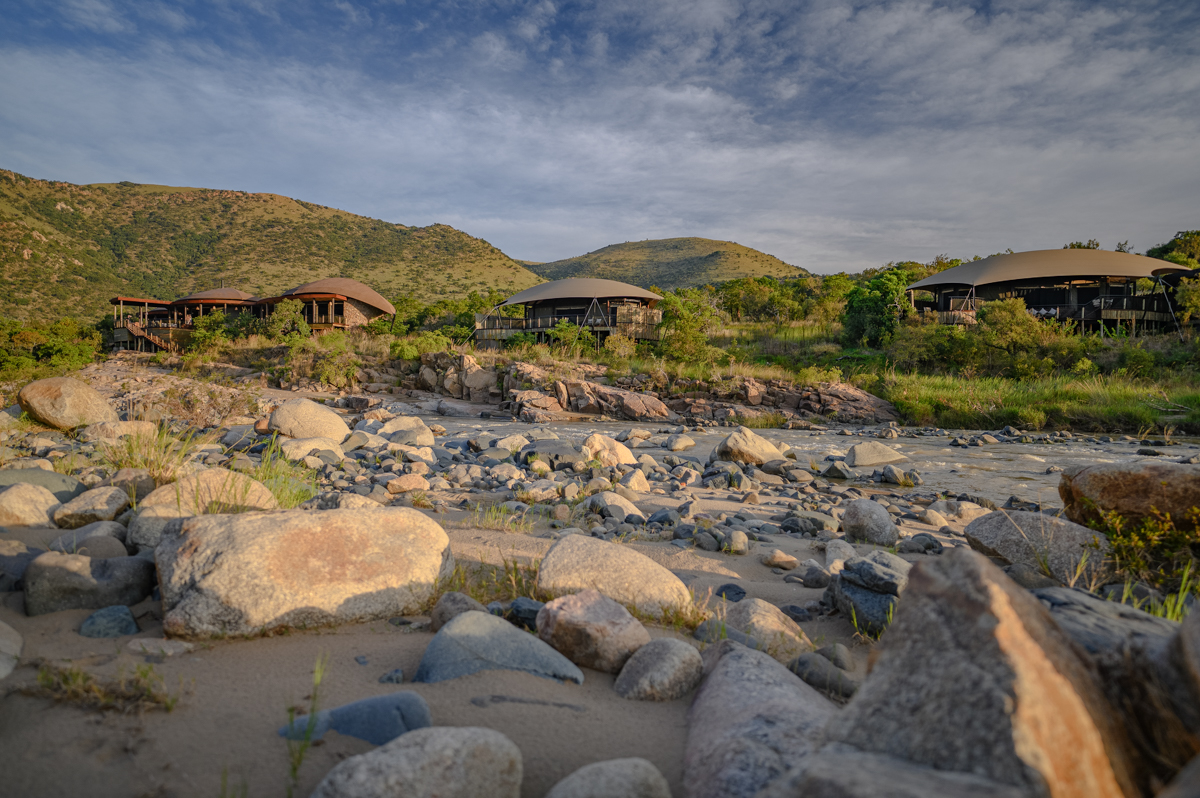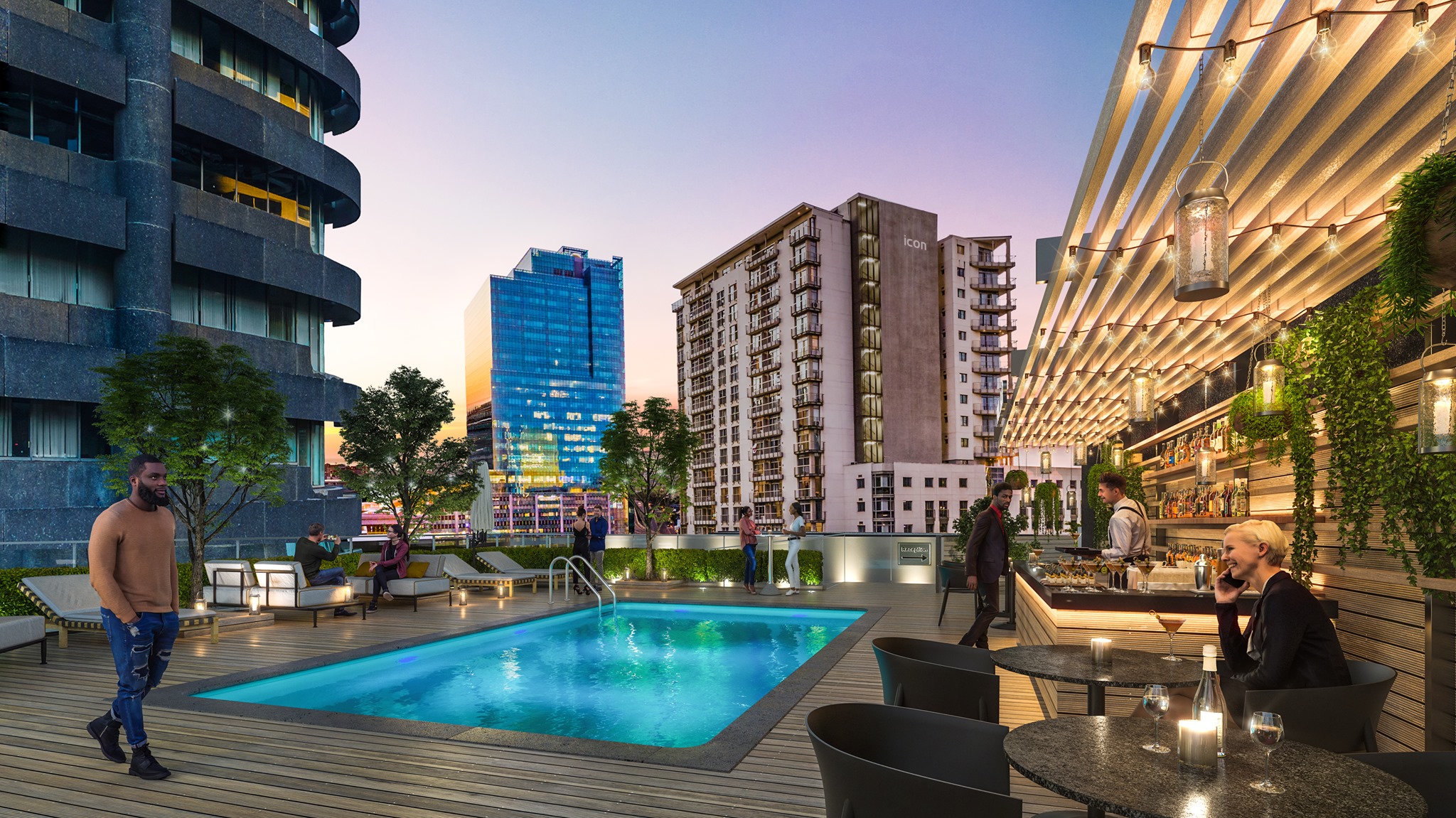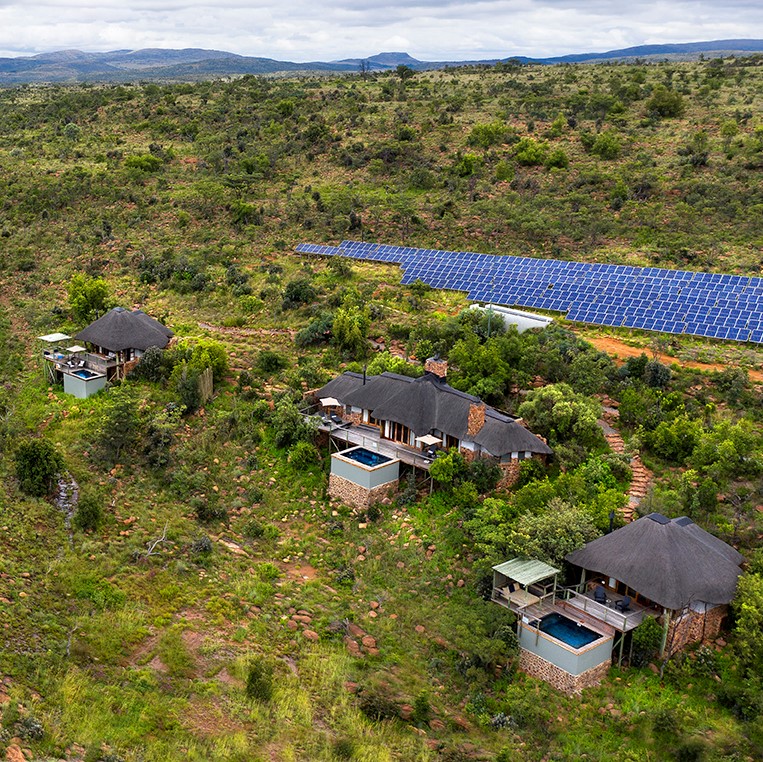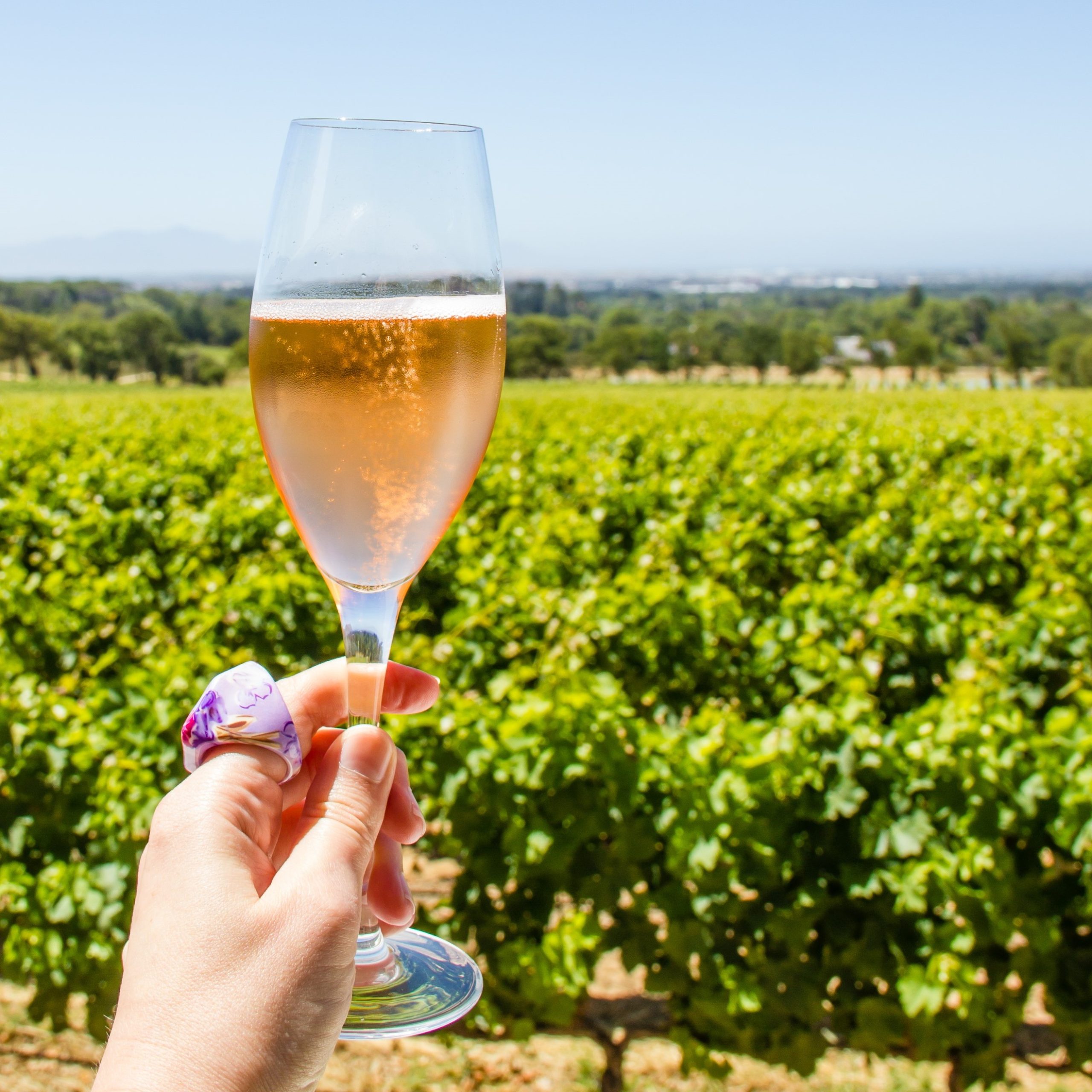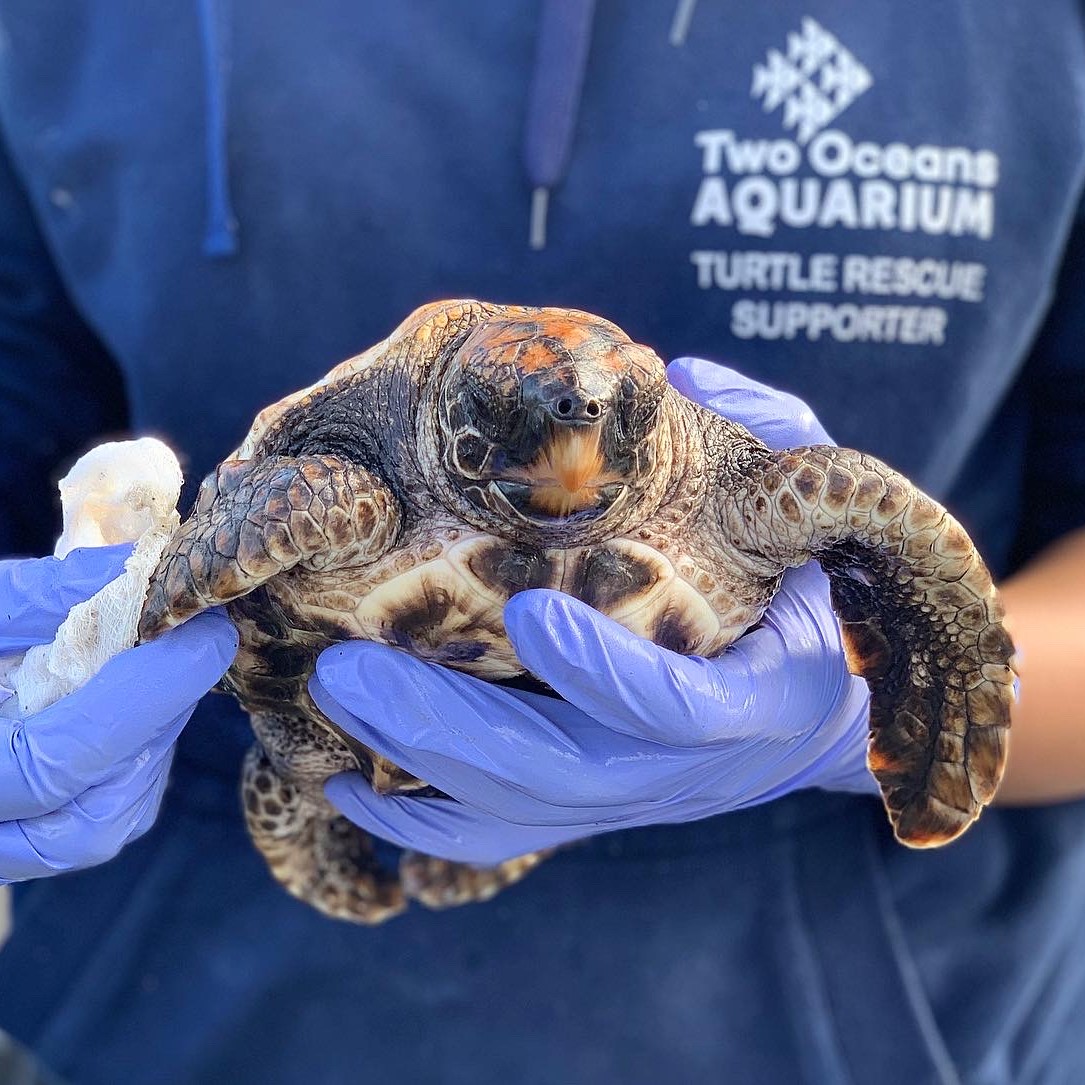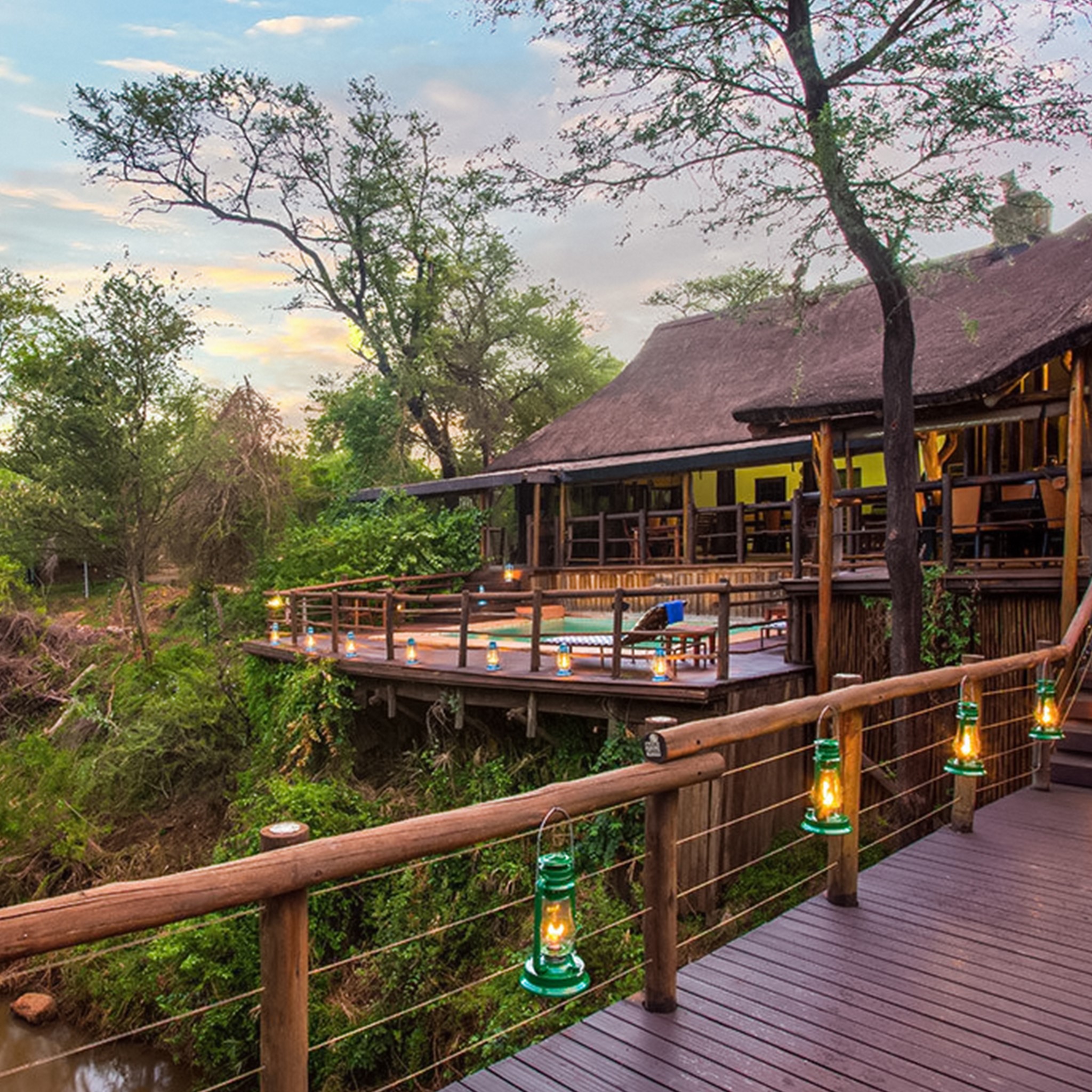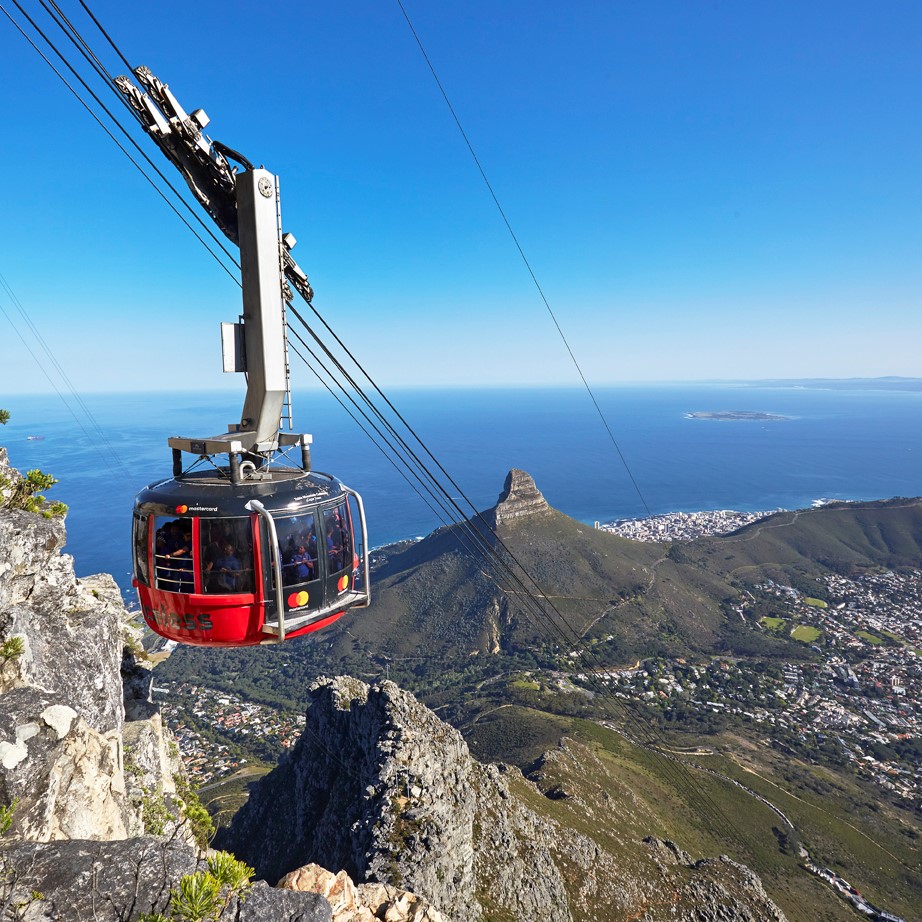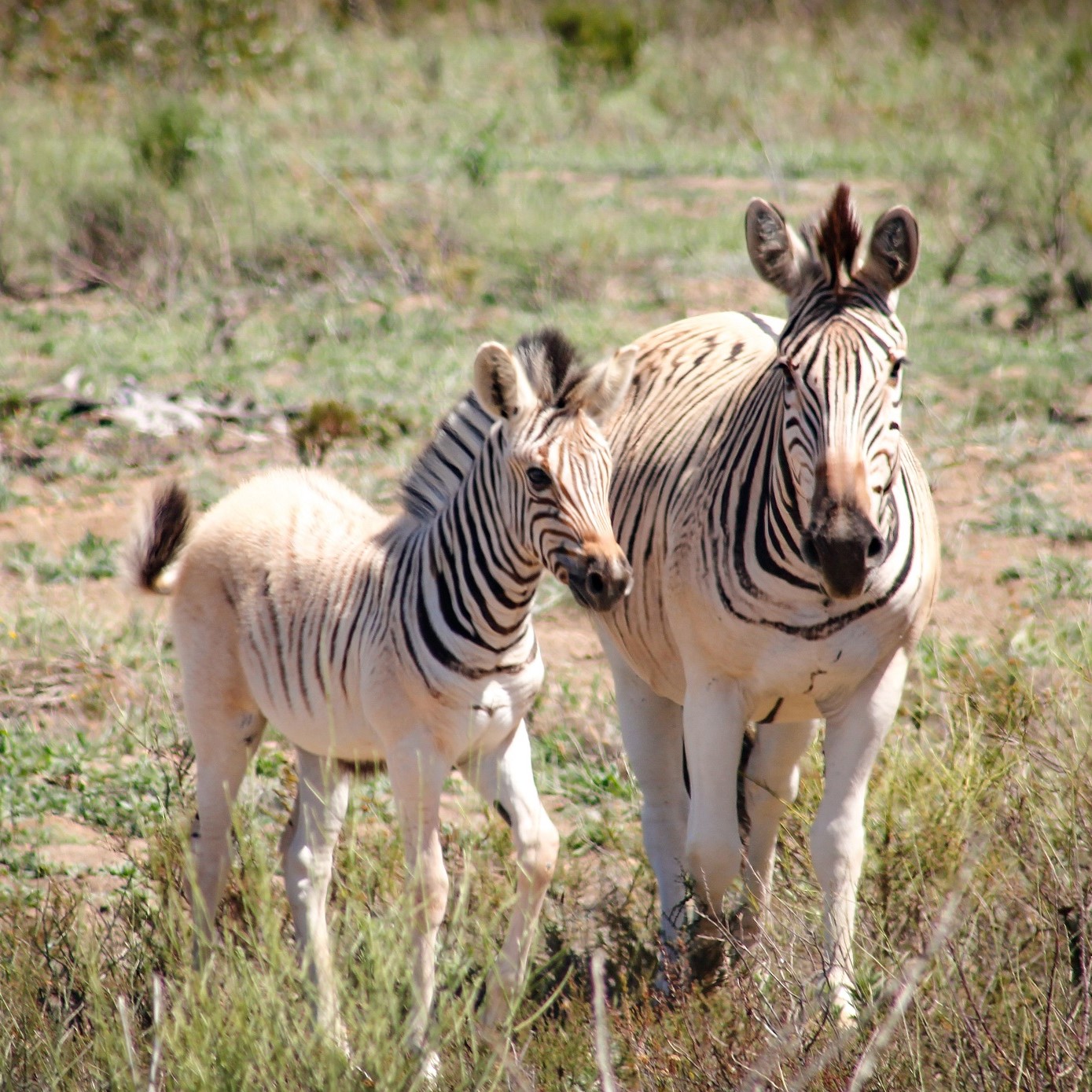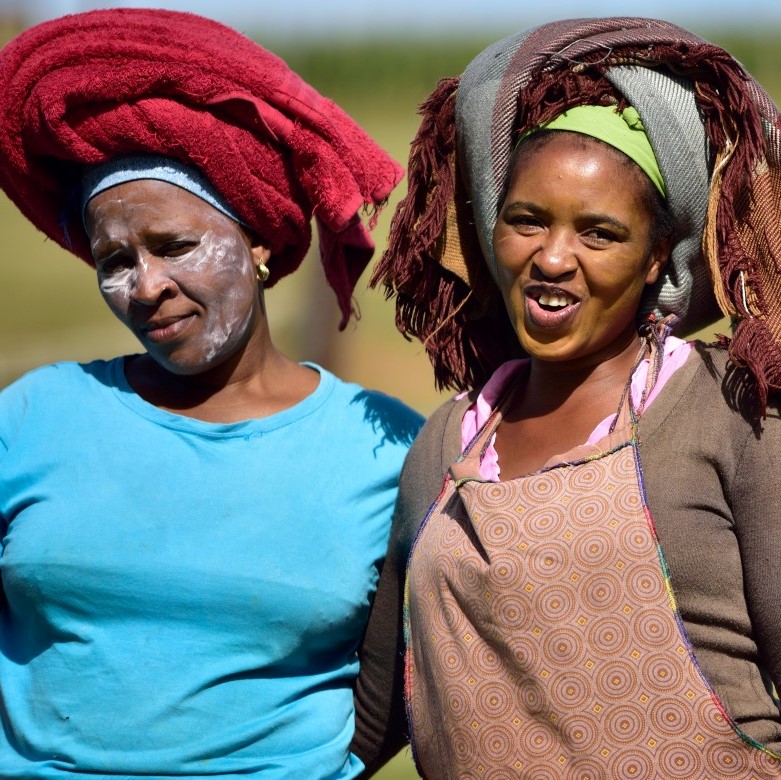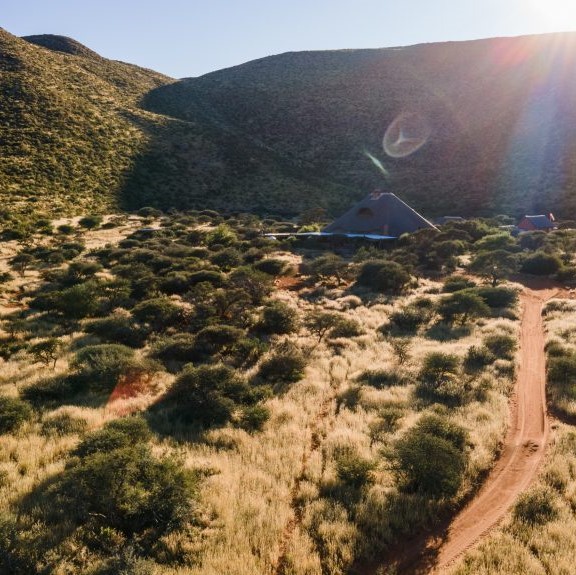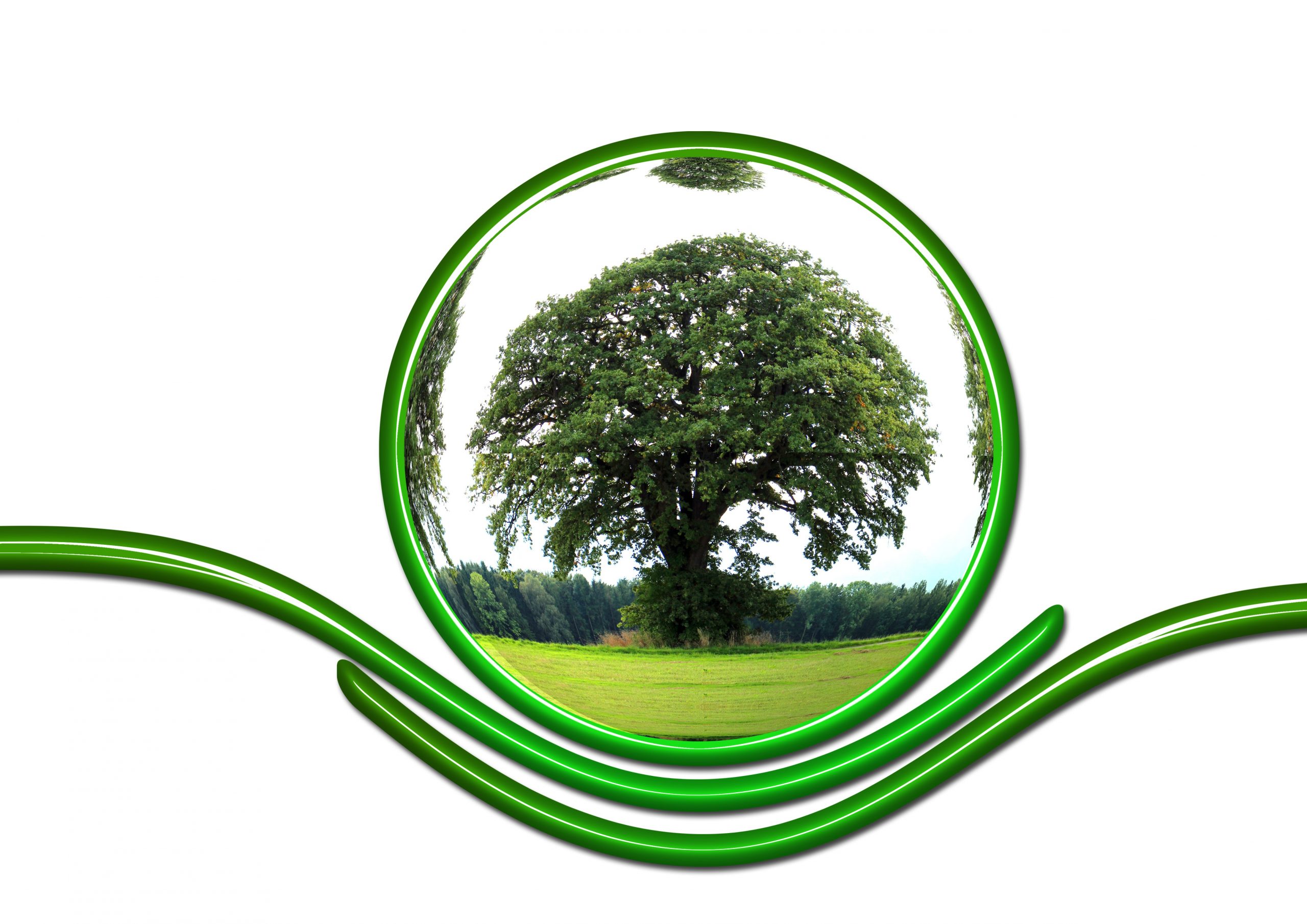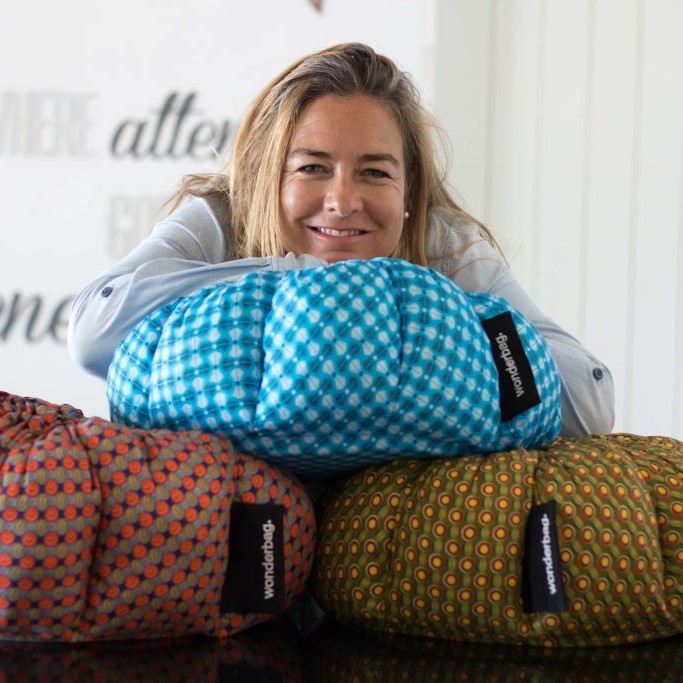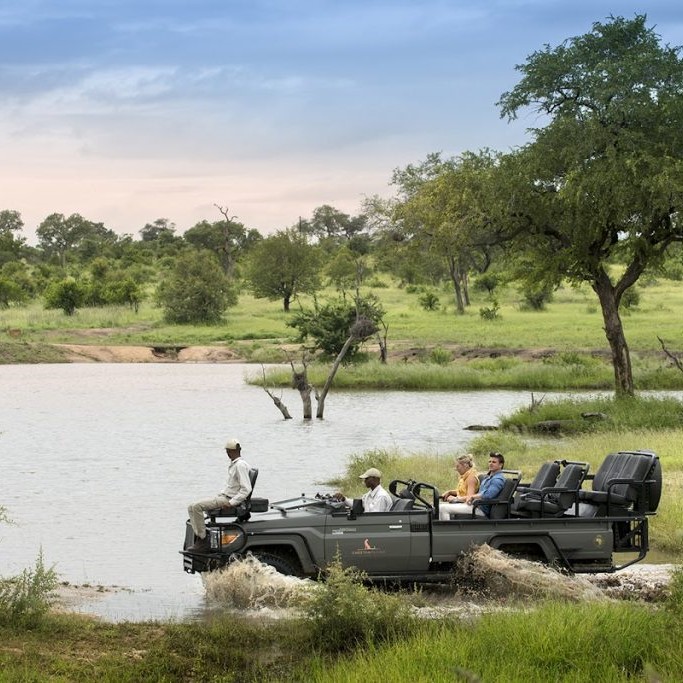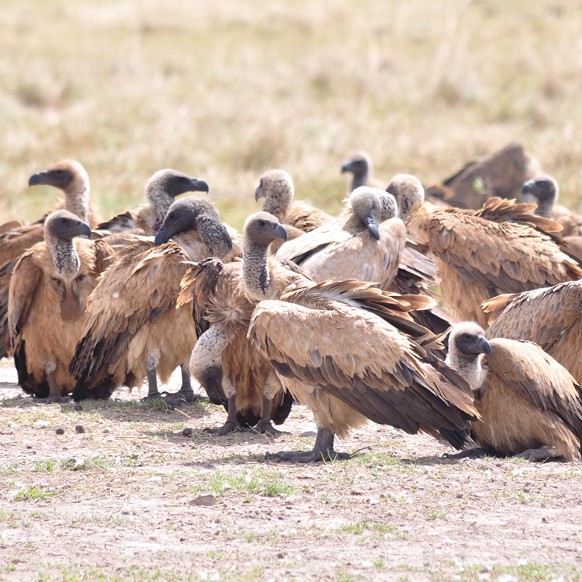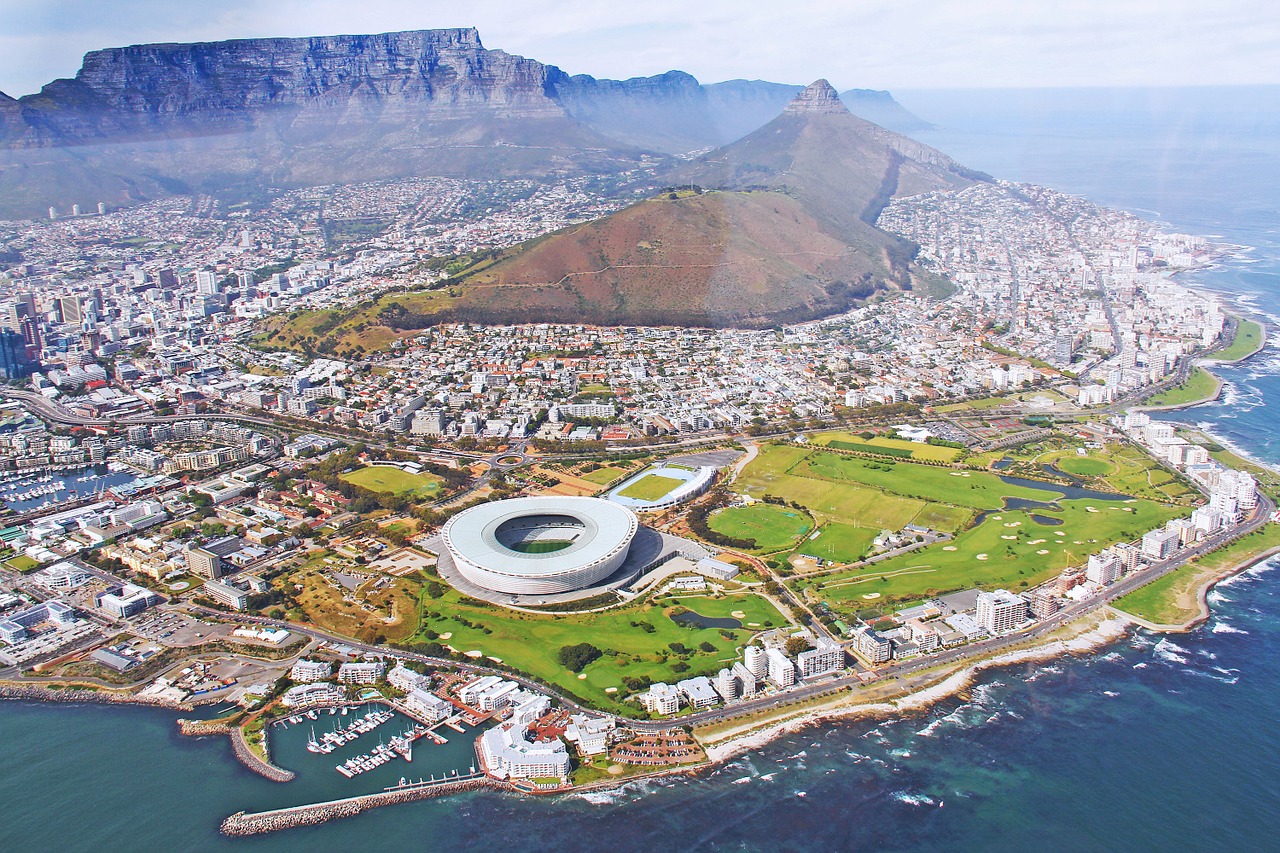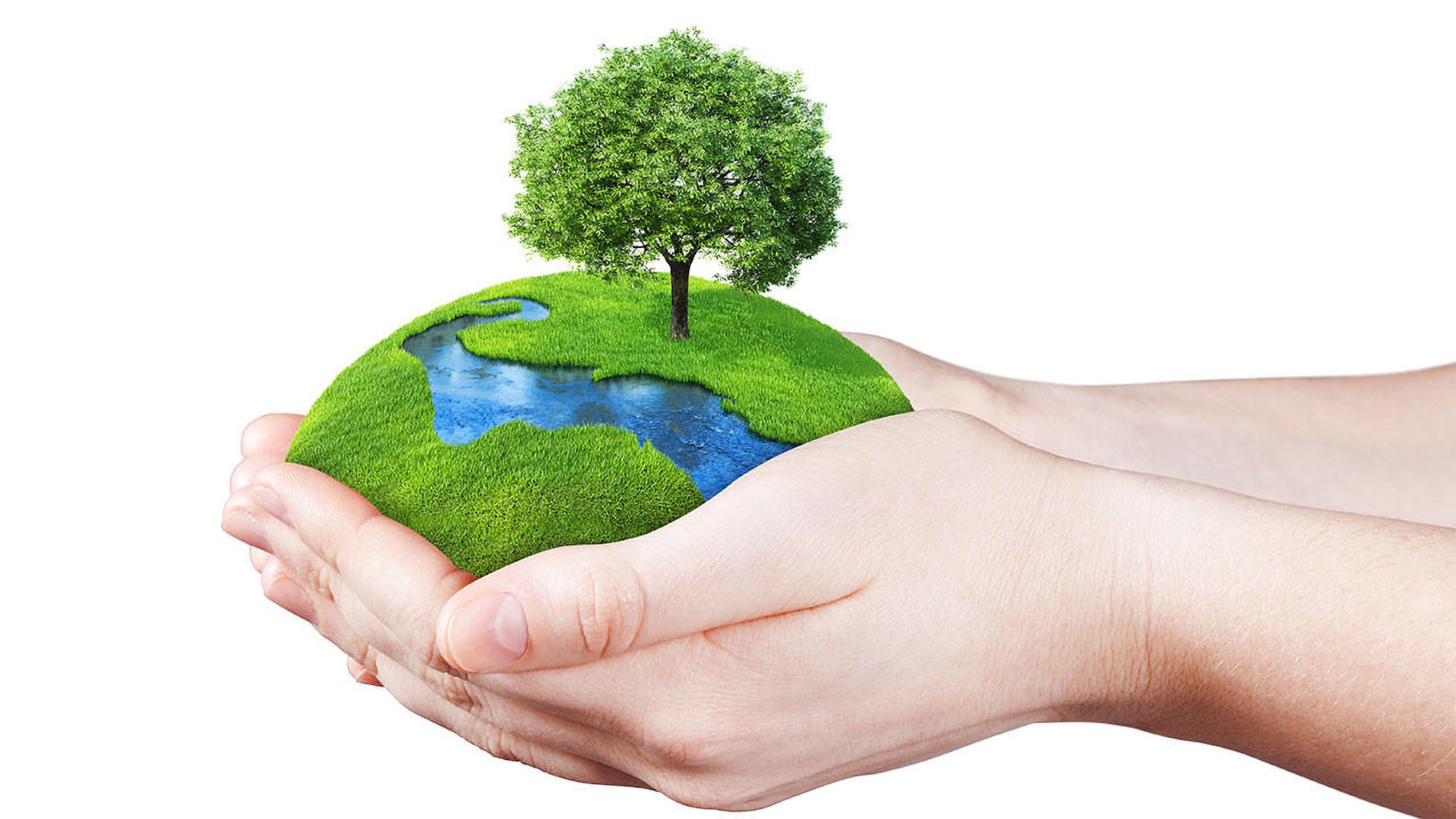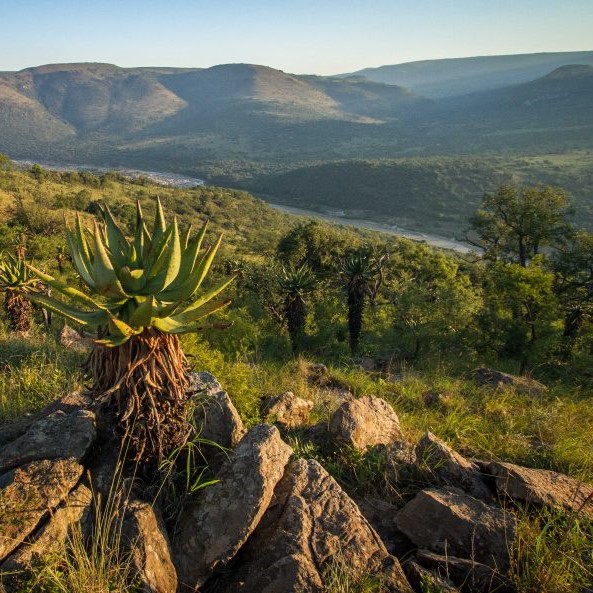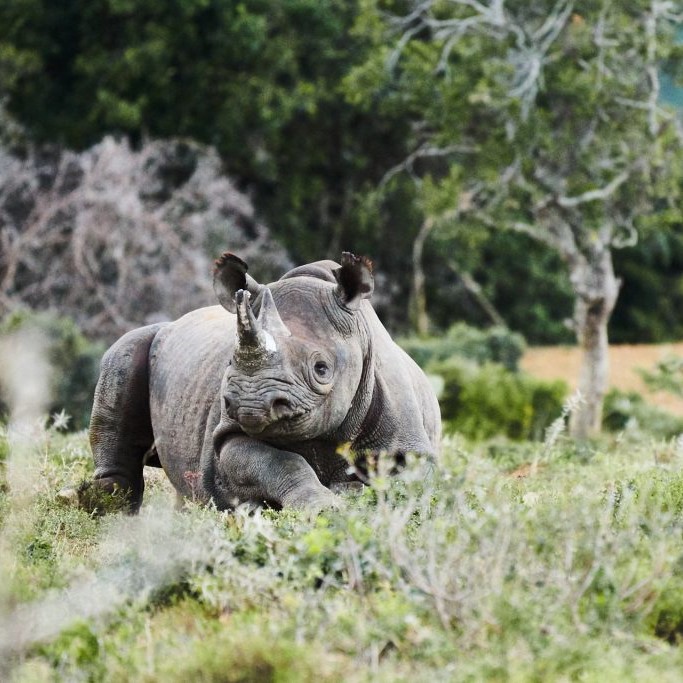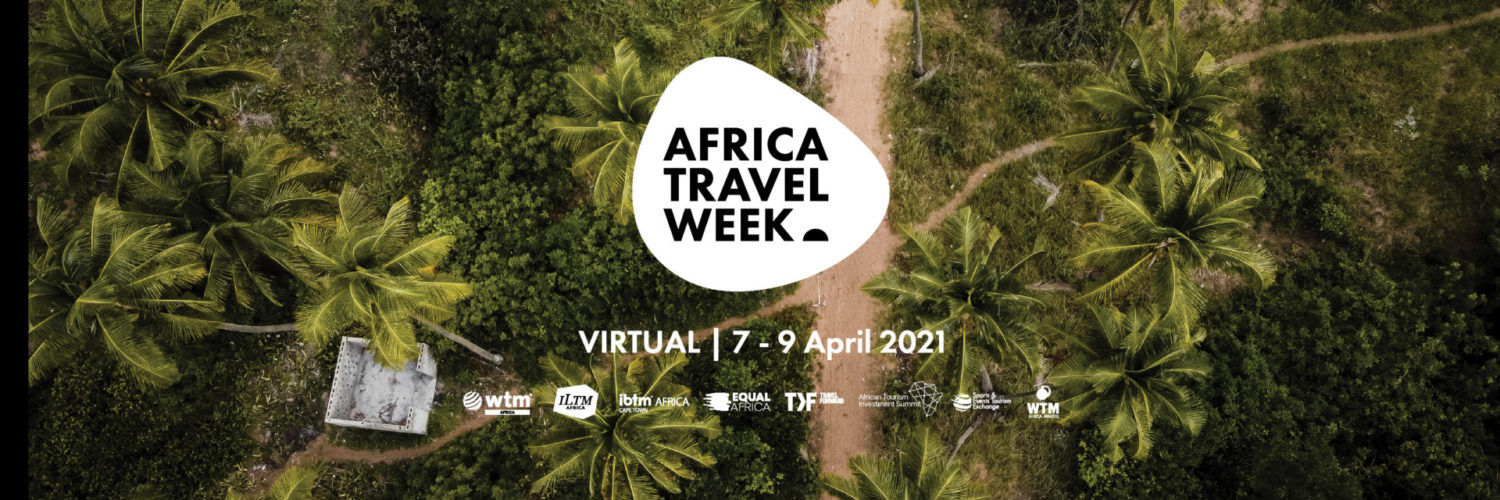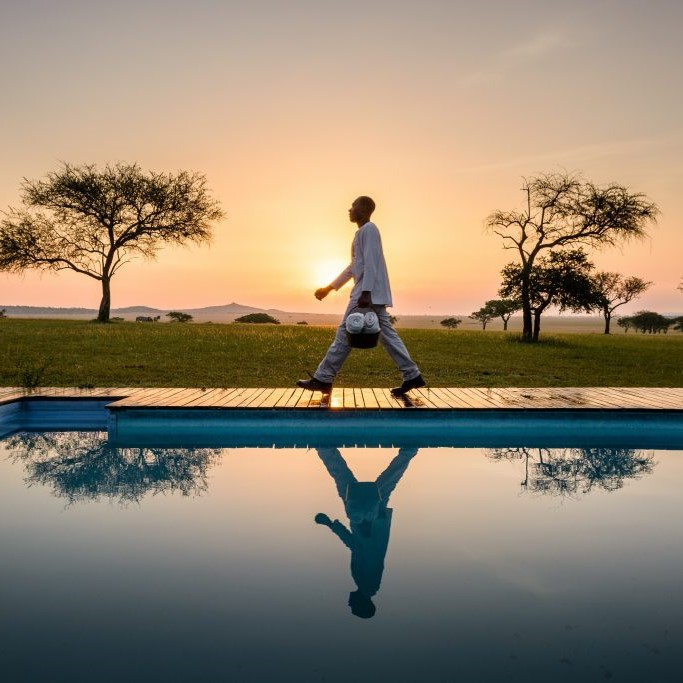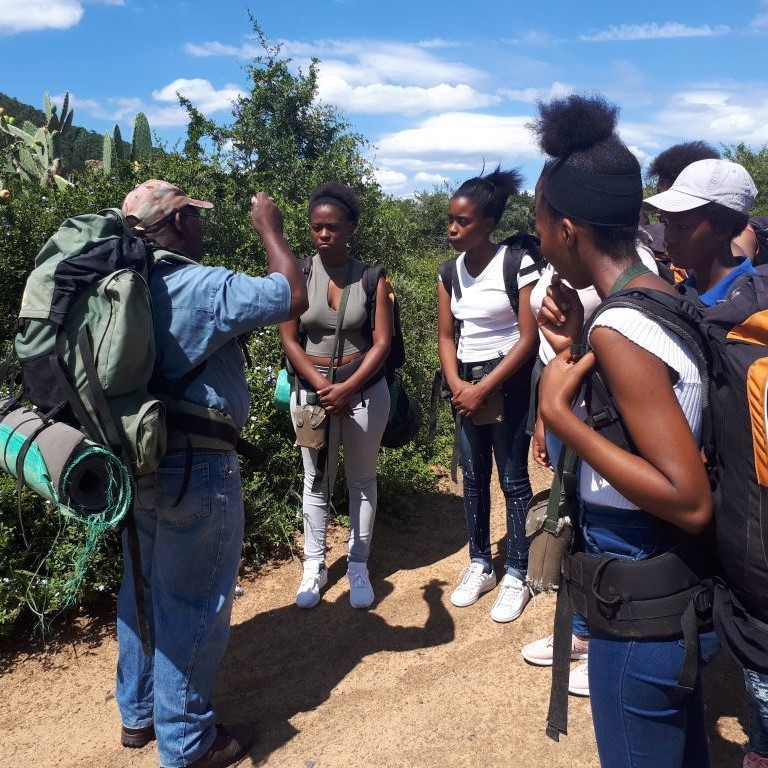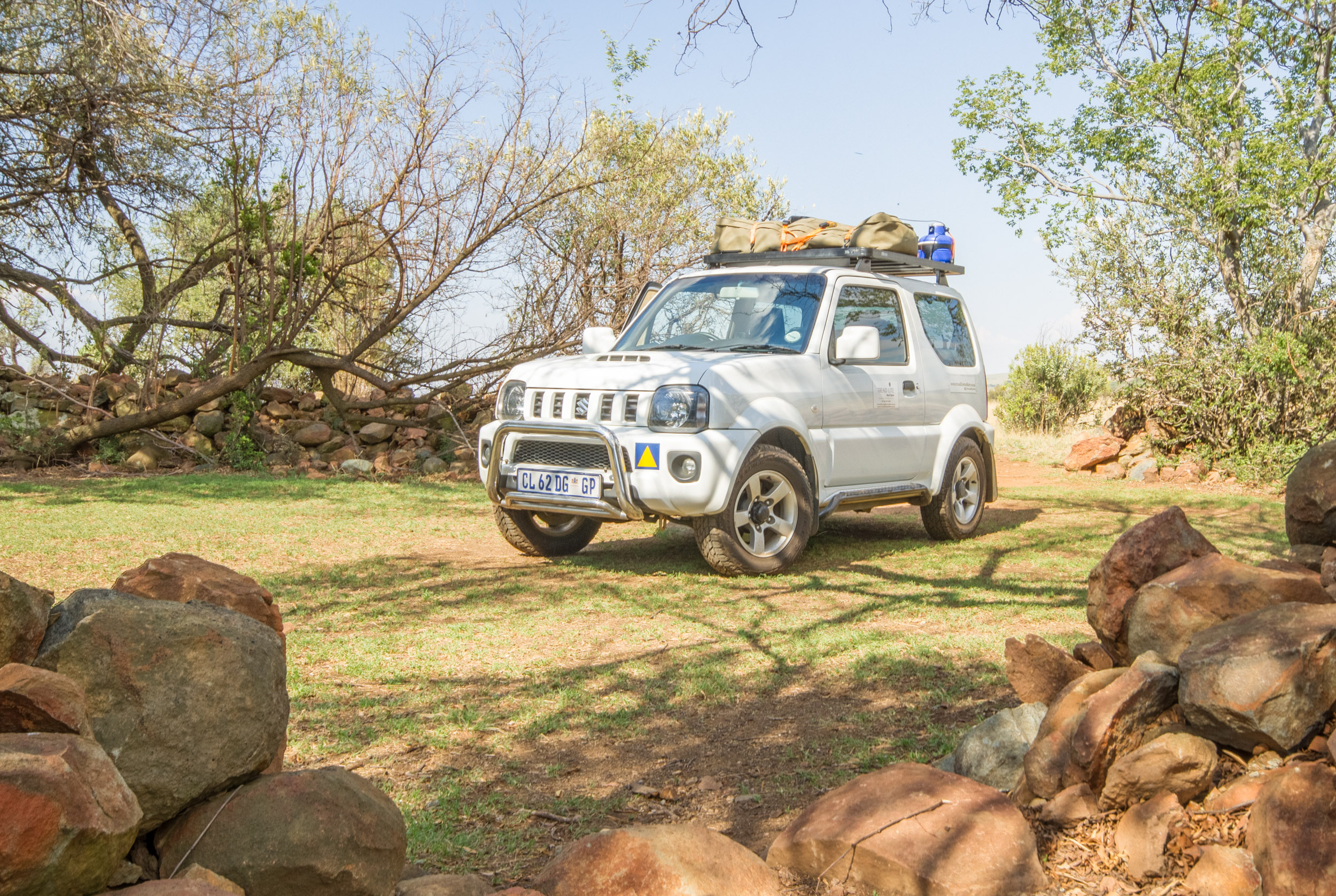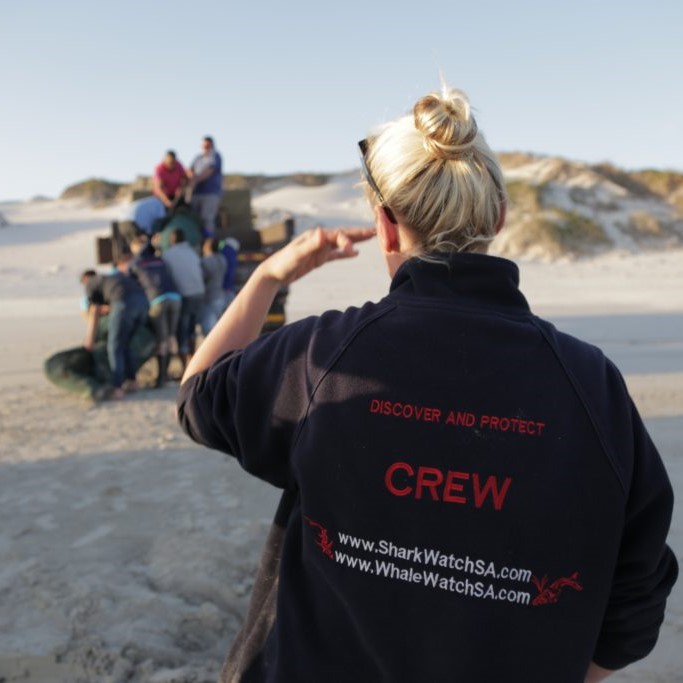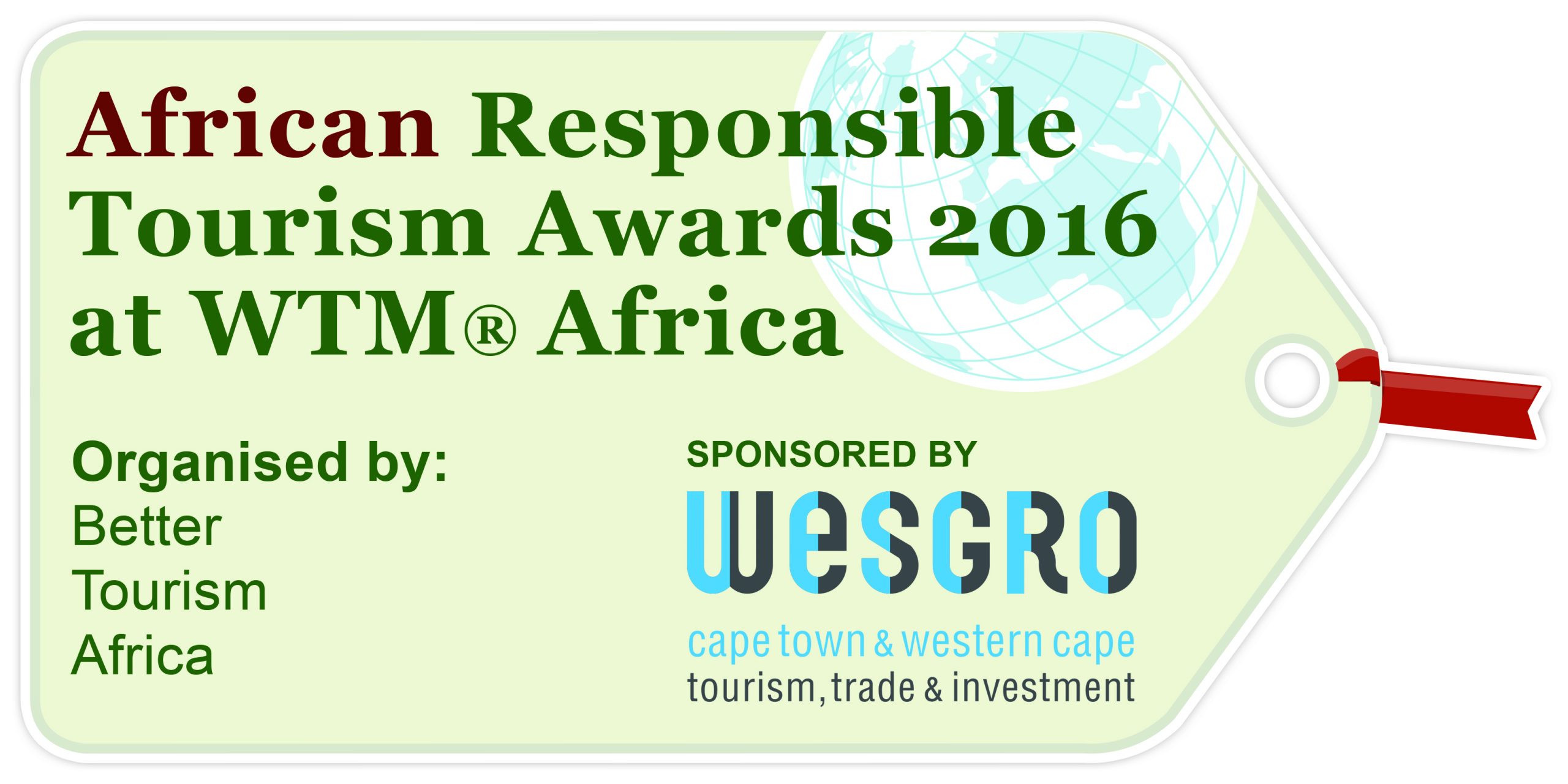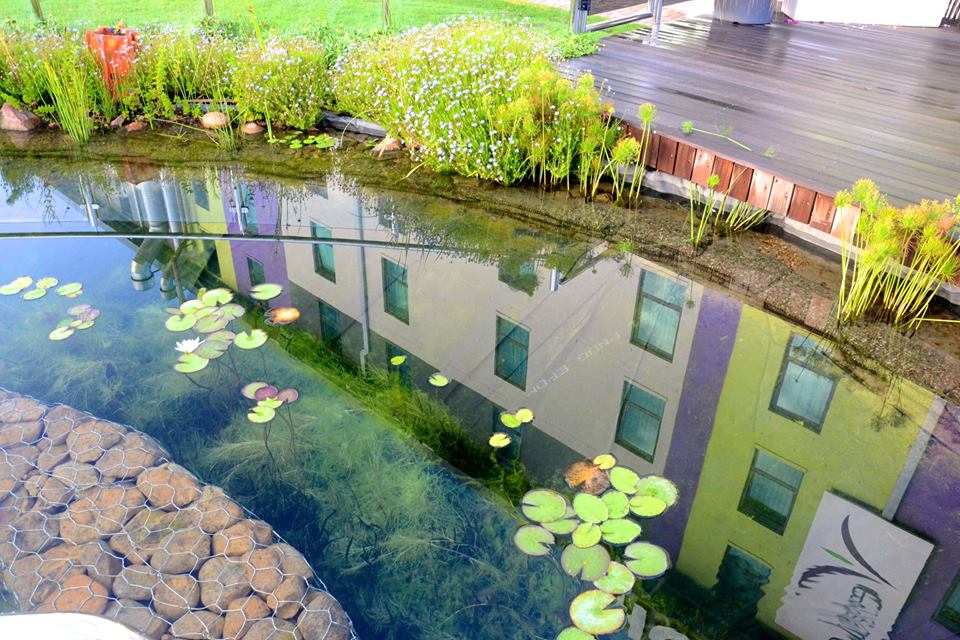Lapalala Wilderness School (LWS) is a carbon-neutral campus within the UNESCO Waterberg Biosphere Reserve in the Limpopo Province of South Africa. Its energy-efficient practices include a stringent waste management system, solar energy, and water sourced from boreholes, harvested rain, and a recycling plant. The school also has various Outreach Programmes to facilitate surrounding communities and schools within the area.

The ultimate goal being for the Sustainable Schools Programme at LWS to encourage learners to practice sustainable living by creating vegetable gardens, planting indigenous trees that use less water, and initiating recycling projects. Ultimately, these students become the best advocates to drive these different projects forward.
As Earth Day is celebrated on the 22nd April 2024, it goes without saying that all these goals and projects are in alignment with the Planet vs Plastics theme.
As Mashudu Makhokha, Director of Lapalala Wilderness School says, “At our school, we are fighting the war on plastic all year round. One project in particular this year however, in support of Earth Day 2024 Planet vs Plastics Theme, we have focused on making eco-bricks from plastic waste.”
LWS believes education is essential for fighting the war on plastic.
Mashudu explains, “Education and awareness, supported by informed decision making, is very impactful when our youth start practical projects that address pollution. One of the key phrases in the waste management component of our environmental education programme is teaching the learners the three R’s. Reduce, Reuse, Recycle. We provide practical examples of how they can sustainably keep their schools and homes clean and reduce waste. The learners pledge to initiate these practices, and we conduct a follow-up visit to guide and assess their progress.”
Dedicated Clean Up Days
Lapalala Wilderness School also facilitates regular clean-up days with the schools and surrounding villages. Plastic is the main target at these events, and learners and community members work together to pick up plastic in the streets, open spaces, and their section of the Palala River.
Adopt a River
BSc Honours students studying Water and Sanitation at the University of Limpopo recently conducted a water study assessing the human impact on the Palala River in the nearby Shongoane villages.
“Our school campus is within close proximity of the Palala River which runs through the Lapalala Reserve and is the prime water source for many of the villages and schools we support.
Our ‘Adopt a River” scheme teaches students from the University of Limpopo the importance of managing water systems. In this instance, we train them to use the Mini SASS method, a simple tool that effectively monitors the health of a river by recording the macroinvertebrates found in a sample section.
The students also take water samples to assess the physical health of the river by recording the pH and dissolved oxygen levels, the water temperature and electrical conductivity. These results indicate the pollution level and guide any necessary interventions to ensure healthy drinking water for the local communities.
Our Environmental Education Programme for school learners also has a component that focuses on the importance of clean water. We conduct practical activities at the Palala River, teaching learners how to test water and remove pollutants. ” Says Makhokha.
For the last thirty years, Lapalala Wilderness School has been committed to sparking a passion for the environment in the youth of South Africa to safeguard the future health of the world’s natural environment.
“So although Earth Day is an important day in the environmental calendar, at Lapalala Wilderness School, we use it to contribute to the school’s curriculum and for focused communication with the neighbouring communities,” concludes Makhokha.
Media release supplied by: Lesley Simpson (LSC), Johannesburg, South Africa
E-mail: lesley@lscpr.co.za
Tel: +27 (0)82 804 0110
